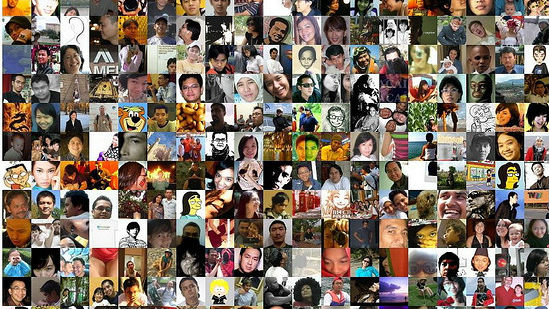U.S.-China Relations and the Global Political Awakening: Five Questions with Zbigniew Brzezinski

Although Zbigniew Brzezinski “talks in paragraphs, virtually without pause,” according to a recent profile of him in the Financial Times, those paragraphs don’t meander; he gets to the point—fast. When I joked that he conveys more substance in ten minutes (actually, closer to eight) than many convey in a thousand, he chuckled: “A lot of people tell me that without striving for it, I sort of have a tendency to state the essence briefly.”
POWER GAMES: In your new book, Strategic Vision: America and the Crisis of Global Power (New York: Basic Books, 2012), you advise the U.S. to “disentangle which aspects of China’s external ambitions are unacceptable and pose a direct threat to vital American interests, and which aspects reflect new historical geopolitical and economic realities that can be accommodated, however reluctantly, without damage to key U.S. interests” (p. 174).
What are the chief examples of the former?
ZBIGNIEW BRZEZINSKI: Examples of the former would not pertain so much to either American or Chinese positions, but would be a reflection of what transpired during the 20th century, when similar collisions between leading powers were precipitated. What is notable about the Chinese is that they appear to be devoid of ideological commitments, and tend to be more pragmatic in their approach to the likely possibility that for a long time to come, both America and China will be the world’s leading powers.
PG: If China’s comprehensive national power were eventually to equal America’s, under what conditions would rough Sino-U.S. bipolarity prove sustainable?
ZB: If both powers eschew the quest for hegemony and do so explicitly, and if both powers are prepared to accept the reality of the other’s central role in world affairs, some sort of an American-Sino partnership may—and, I emphasize, may—prove sustainable. A preview is provided in the January 2011 Obama-Hu Jintao communiqué, which strives to outline the parameters for an emerging American-Chinese partnership.
PG: In David Ignatius (ed.), America and the World: Conversations on the Future of American Foreign Policy (New York: Basic Books, 2008), you stated that “[f]or the first time in history all of the world is politically activated….this global political awakening is creating massive intolerance, impatience with inequality…jealousies, resentments, more rapid immigration” (p. 229).
What impact will this awakening have on the balance of power among states? On that among states and nonstate actors?
ZB: The political awakening that much of the world’s population is experiencing is creating increasing obstacles to effective international cooperation, because, particularly in its early phases, it gives rise to intense emotions, to conflicting historical narratives, and to incompatible aspirations. The world is simply much more complicated, because it has become so much more restless. In the past, the balance of power among states could be, to some extent, subject to rational calculations. In the circumstances that are emerging, a great deal of “power” reflects also the intensity of emotions and aspirations—and these are not susceptible to careful calculations aiming at some sort of a balance.
PG: You recently warned that “a steady drift by America into increasingly pervasive decay or endlessly widening warfare with Islam” could produce “a Hobbesian world of enhanced national security based on varying fusions of authoritarianism, nationalism, and religion,” coupled with “a corrosion of the generally cooperative management of the global commons.”
What precedents, if any, are there for this “Hobbesian world,” and how did they end?
ZB: There are no precedents for a “Hobbesian world” because, until recently, the world, while a geographical entity, was made up of disparate, separate, and even semi-isolated entities. Today, the world is integrated to an unprecedented degree, while the global political awakening is injecting into interstate relations an intense amount of tension, emotion, even irrationality, which could cumulatively produce circumstances that preclude an effective and genuinely shared universal response to new global problems. By global problems, I mean particularly those that bear in the longer run very directly on the prospects for global wellbeing, and in the most extreme of circumstances, even on global survival of the human race.
PG: In a lecture at the Brookings Institution this May, you asserted that the 21st century “will be either a very successful century on the global scale or…the worst century in human history.”
What judgments inform that conclusion?
ZB: At the moment, all judgments regarding such possibilities are contingent. But the fact is also noteworthy that such judgments are becoming timely. There is, I think, a growing realization in the world that we are entering a phase in human affairs in which we are either increasingly guided by a realization that we need to cooperate on a global scale, or human survival will be gradually increasingly in jeopardy.
Follow Ali Wyne on Twitter and Facebook.
Photo Credit: jcjgphotography/Shutterstock.com




